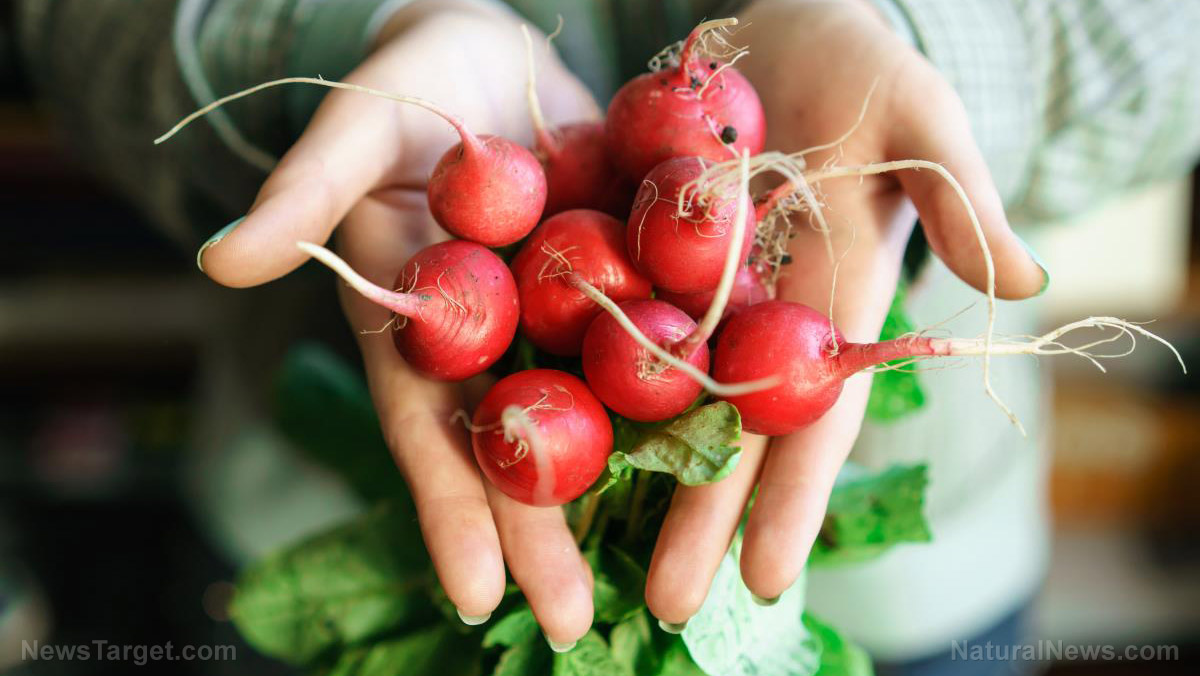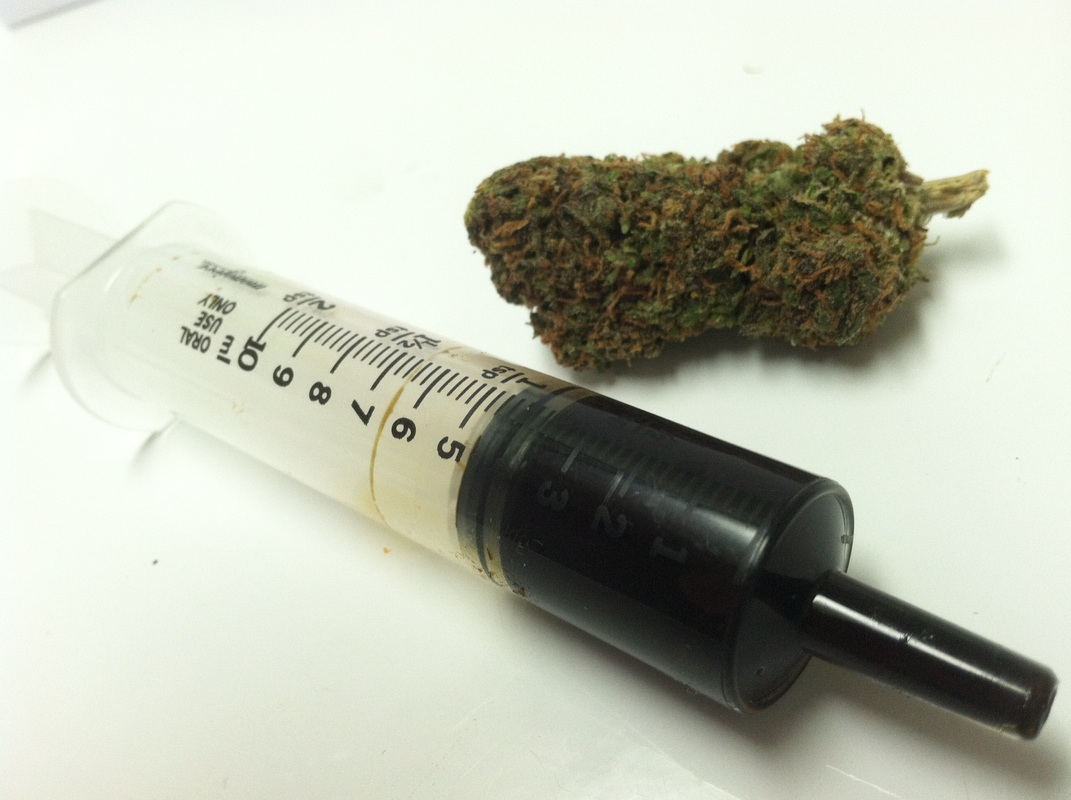Yet ANOTHER reason to eat organic food: It reduces your risk of getting cancer
04/09/2019 / By Edsel Cook

French researchers can give you a scientifically backed reason for why you should switch to an organic diet. In an epidemiological study, they found that participants who ate plenty of organic foods are less likely to develop certain types of cancers, especially when compared to those who eat little or no organic foods.
In particular, the chances of developing breast cancer, non-Hodgkin lymphoma, and other lyphomas went down. The researchers surmised a connection between this and the reduced amount of synthetic pesticides in the diet of people.
In the government-supported study, nearly 70,000 participants answered an online form about their dietary intake of organic food. The survey covered 16 important food groups and asked if the participant brought organic products most of the time, only sometimes, never, or didn’t know if their purchase was organic or not.
Based on the number of times a participant bought an organic brand, researchers compiled an “organic food score.” They divided the participants between a “low intake of organic food” group and a “high intake of organic food” group. Then they followed both groups for four years while recording the number of new cancer cases that appeared during the follow-up period. (Related: Kyrgyzstan announces 10-year plan to switch to 100% organic agriculture.)
Eating lots of organic foods could reduce risks of cancer caused by pesticides
The French researchers performed a thorough analysis of the results of their findings. They finally reported that members of the “high intake of organic food” group showed a 25 percent lower risk of contracting any form of cancer when compared to their low intake counterparts.
Organic foods are grown without the use of synthetic pesticides. Since they were never sprayed with the chemicals, they are much less likely to contain residues of the toxic compounds.
Pesticides have been shown to affect the health of farmers who tend to chemically-treated fields. Agricultural workers exposed to these chemicals are more prone to developing cancer, have a higher chance of dying early, and see more birth defects in their children.
There is also a growing body of scientific literature that indicated the risk of cancer increases for people who eat foods that had been treated with synthetic pesticides. Children are particularly at risk. In light of those findings, the 2008-2009 annual report of the President’s Cancer Panel strongly recommended that consumers should get organic food that was never exposed to any chemical pesticide or fertilizer.
Even conventionally grown plants can reduce the risks of cancer
Choosing to eat organic foods is not just good for your personal health. By supporting organic farming, you can encourage more farmers to switch to a pesticide-free method of agriculture, which would benefit their health as well. And there are also the environmental benefits of not drenching the air, soil, and water with cancer-causing chemicals.
One drawback to organically-grown food is that they are more expensive than conventionally-grown counterparts. Not everyone can afford an all-organic diet.
Instead, identify which foods in your diet contain the highest amount of pesticides. Then swap those foods out for organic equivalents to maximize the reduction of cancer-causing chemicals.
The Environmental Working Group identified strawberries, spinach, kale, nectarines, apples, grapes, peaches, cherries, pears, tomatoes, celery, potatoes, and hot peppers as the most heavily-contaminated produce. Strawberries are the worst offender.
Furthermore, conventionally-grown fruits and vegetables retain their tremendous nutritional value despite the taint of pesticides. Numerous studies have shown the health benefits of those foods when it comes to reducing chronic illnesses such as cancer. And if you think about it, most of the fruits and veggies used in those experiments had been grown in conventional farms, so clearly pesticides cannot overwhelm the healing power of healthy foods.
Sources include:
Hygeia-Analytics.com [PDF]
Tagged Under: clean food, food is medicine, food science, fruits, organic food, vegetables



















